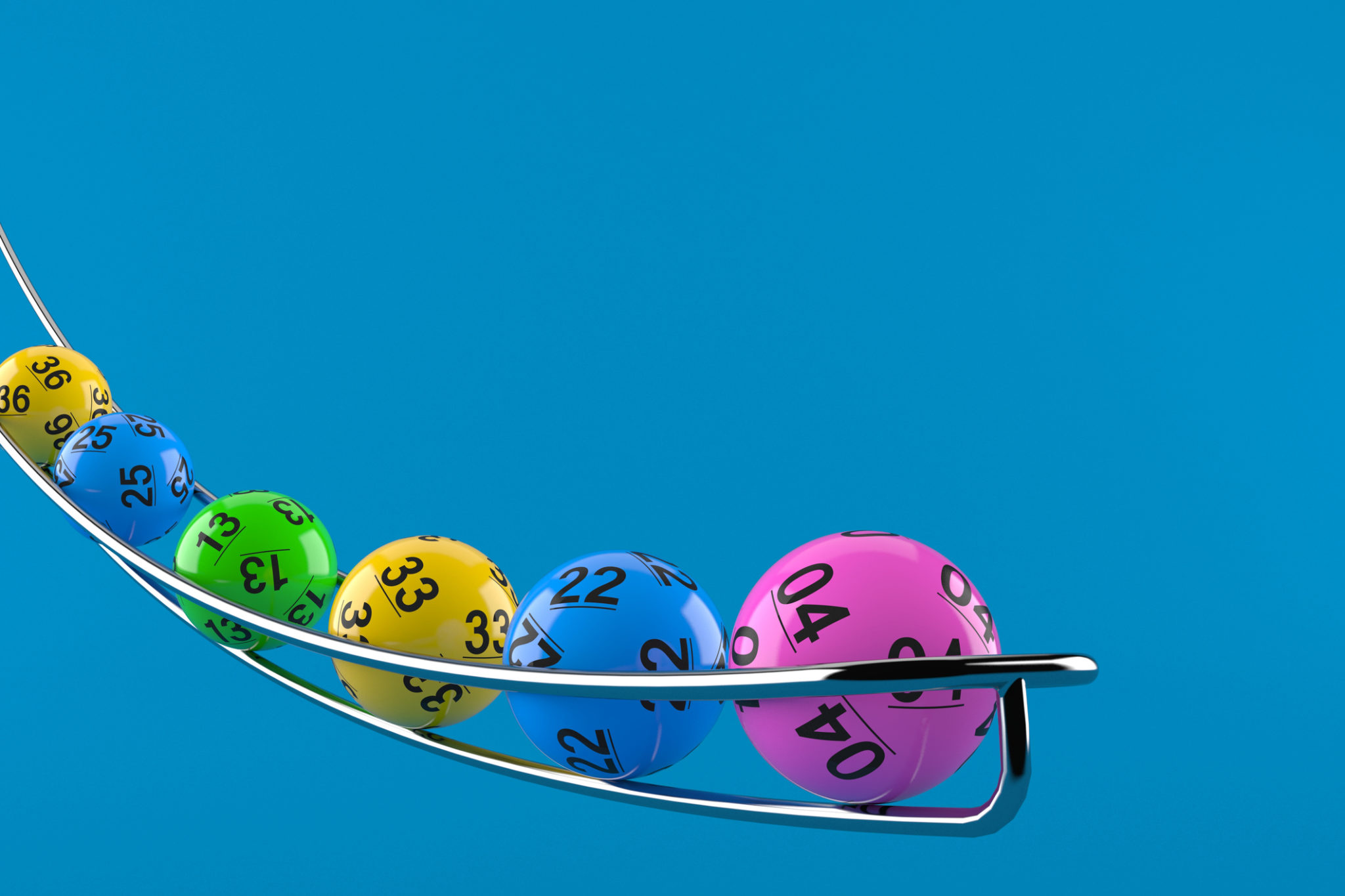No one won the $1 billion Powerball jackpot Monday night, which is why I, the owner of exactly one number that came up, am writing this post rather than a totally epic resignation email. The jackpot is now $1.2 billion.
To play the game, you choose five numbers from 1-69 plus a “Powerball” from 1-26. That translates to odds of 1 in 24.9 for any prize—or 1 in 292.2 million to win the jackpot. There hasn’t been a jackpot winner since August 3, AP reports.
To illustrate why neither I nor my boss won, I asked for an explanation from Manil Suri, a professor of mathematics at the University of Maryland, Baltimore County who’s written an excellent new book that could make anyone fall in love with math.
Suri kindly took my question to his Math 120 class at UMBC to brainstorm this answer, which he shared via e-mail: “Since the population of the US is about 331.9 million, the probability of winning the jackpot is a little better than a random person being chosen from the US and it being you.”















